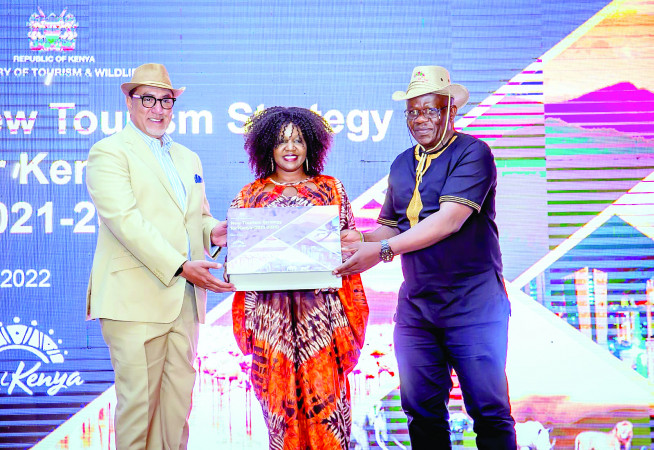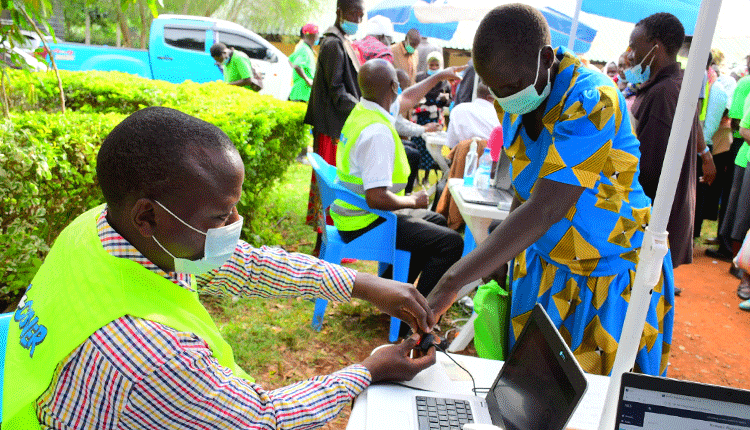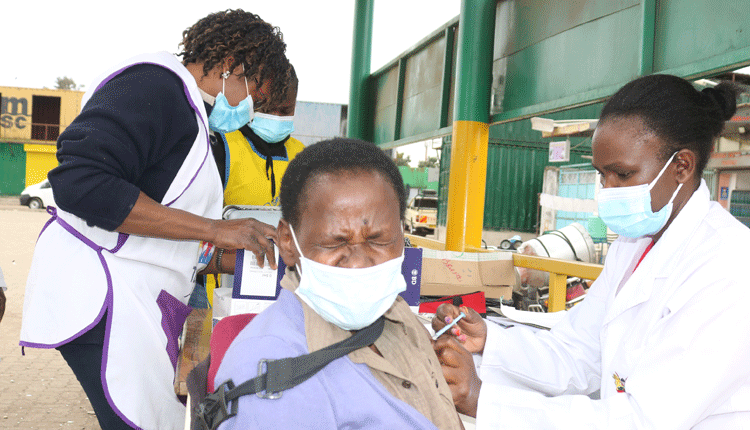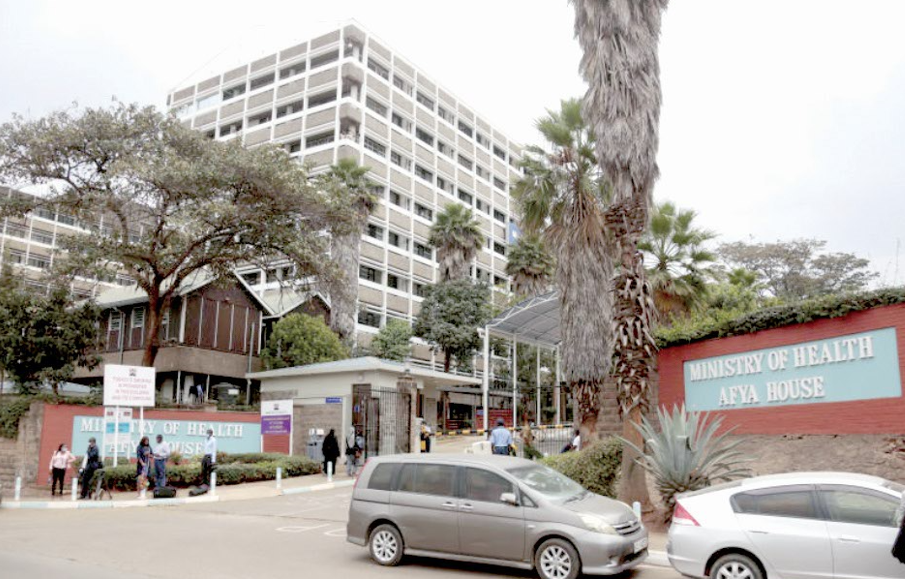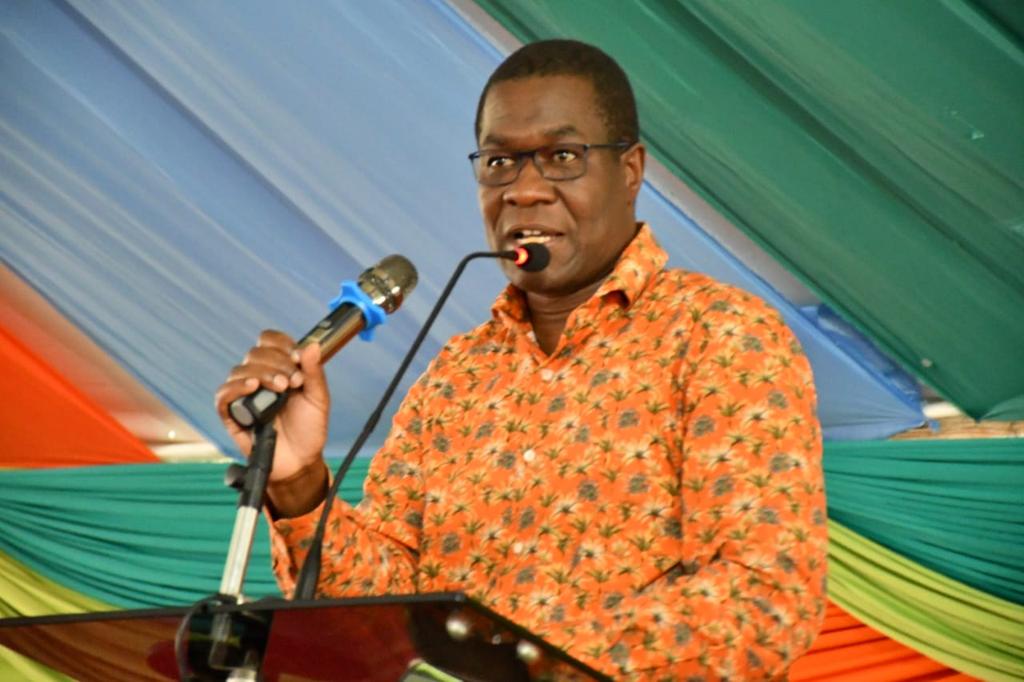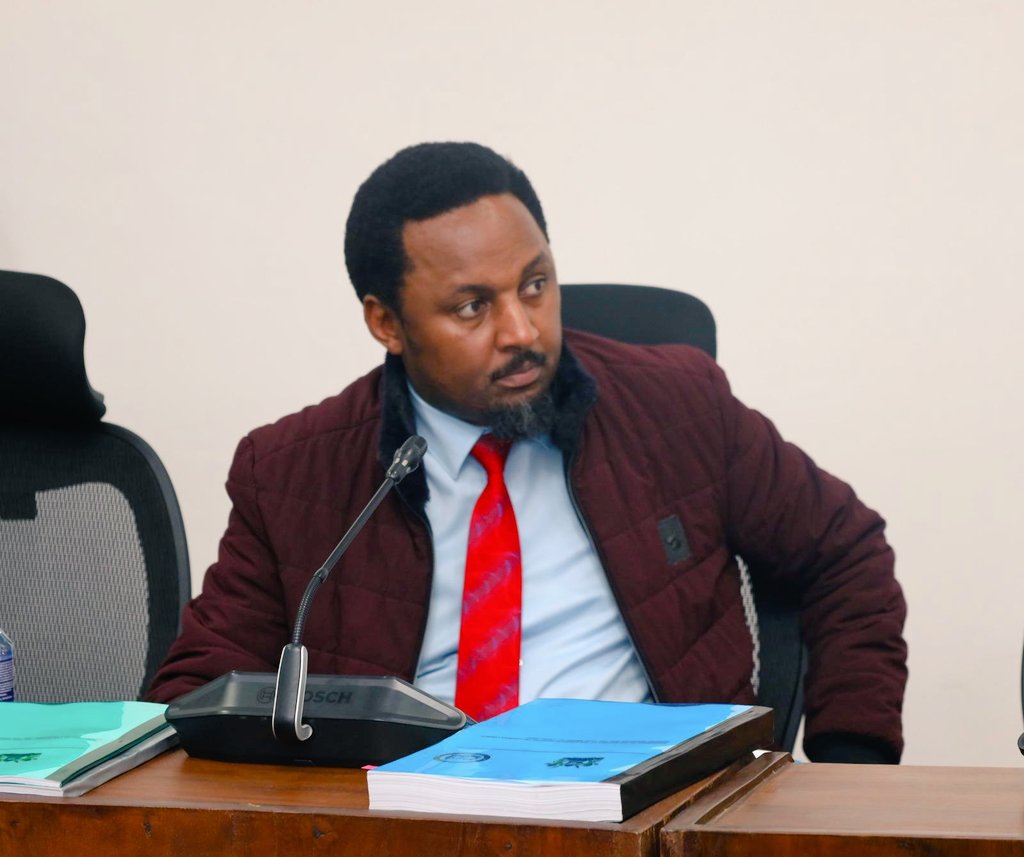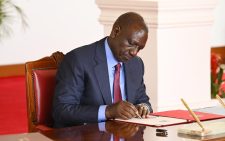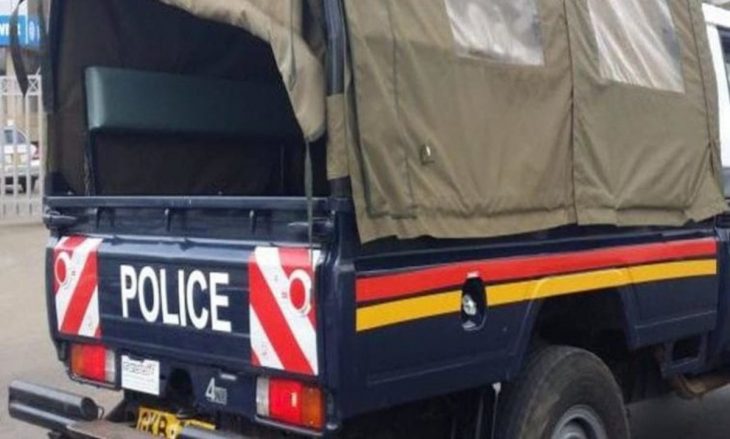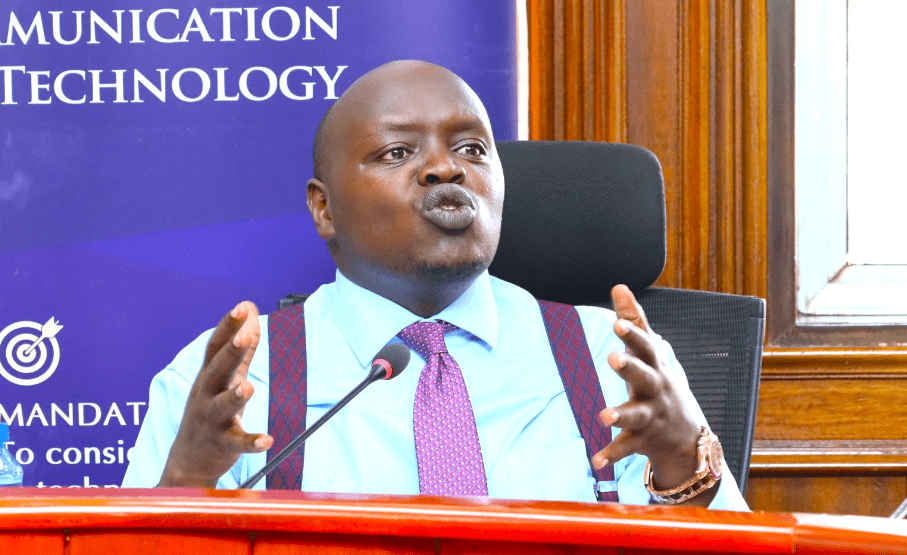Billions lost as local aviation sector parks on ground zero
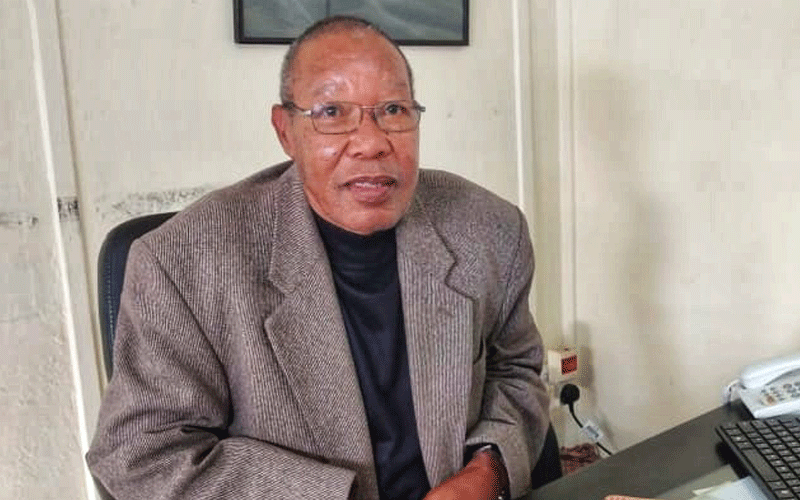
Harriet James @harriet86jim
How has the Covid-19 pandemic affected the aviation industry?
The pandemic has resulted in travel and air space closures, meaning cessation in all domestic and international passenger flight operations. Only cargo and humanitarian relief related flights are operating.
Some businesses were repaying loans and this has devastated them. They are also servicing the aircrafts at a high cost, paying insurance, training fees for their engineers and pilots, which is draining their resources.
Some pay rent for offices and hangars locally and in offshore airports. What we need is a State bailout of at least Sh10 billion to remain afloat.
Researchers predict it will take two to three years to revive the industry.
I agree with their predictions; it will take a minimum of two years for us to recover to the norm because the industry is completely grounded.
However, I am happy with the recent move by Tourism and Wildlife CS Najib Balala’s push towards domestic tourism because it’s pushing things in the right direction.
Being that we are completely grounded, we rely on domestic travel to at least keep things running.
A brief history of the association?
The organisation was formed in 1967 as East African Air Operation Association, but when East African Community was disbanded, each country continued on its own.
Our mandate is to foster, promote and protect the interest of those in civil aviation and associated industries.
We now have 40 members, which comprise 80 per cent of air operators.
Our activities vary from scheduled to non-scheduled operations such as charter flights, aerial work or media, agriculture crop sprays, aircraft maintenance as well as aviation training colleges for all the personnel in airlines. A newly formed section is sports aviation.
What challenges did the industry face pre- Covid-19?
The aviation sector is constantly changing to conform to the International Civil Aviation standards and we want to be fully involved in all these changes.
Currently, we are facing higher overhead taxation, parking and landing charges, air navigation charges than our regional competitors.
We don’t have local manufacturers of aircraft spare parts, yet we are charged high VAT tax whenever we import them.
Our competitive power is also affected when we spend duty on fuel and other countries don’t.
We are requesting the government to have a look at the taxation system, which is draining the industry.
What are some of your successes?
In the 50 years we’ve been in existence, we are proud to have grown the aviation sector in Kenya to be the biggest in East African region. In Africa, we rank second after South Africa.
We have over 1,500 Kenyan-registered aircraft and over 500 aerodromes while Tanzania has 150, Uganda 50 and Rwanda three.
Due to its fast growth, Wilson Airport is one of the busiest airports in the continent and there is now need for expansion for it to hold additional aircraft once we solve the Covid-19 crisis.
It’s sad that we are now in ground zero, with no activity because of the pandemic.
How did you get into aviation?
Immediately after completing high school, I joined the Kenya Air Force where I trained and later worked for 23 years flying as a pilot.
My former school, Kagumo High was near the Nanyuki Military Airbase and we would often see aircraft flying over our school. This triggered my interest to be a pilot.
In 1996, I left the military under voluntary retirement and I was elected as Secretary General of KAAO.
